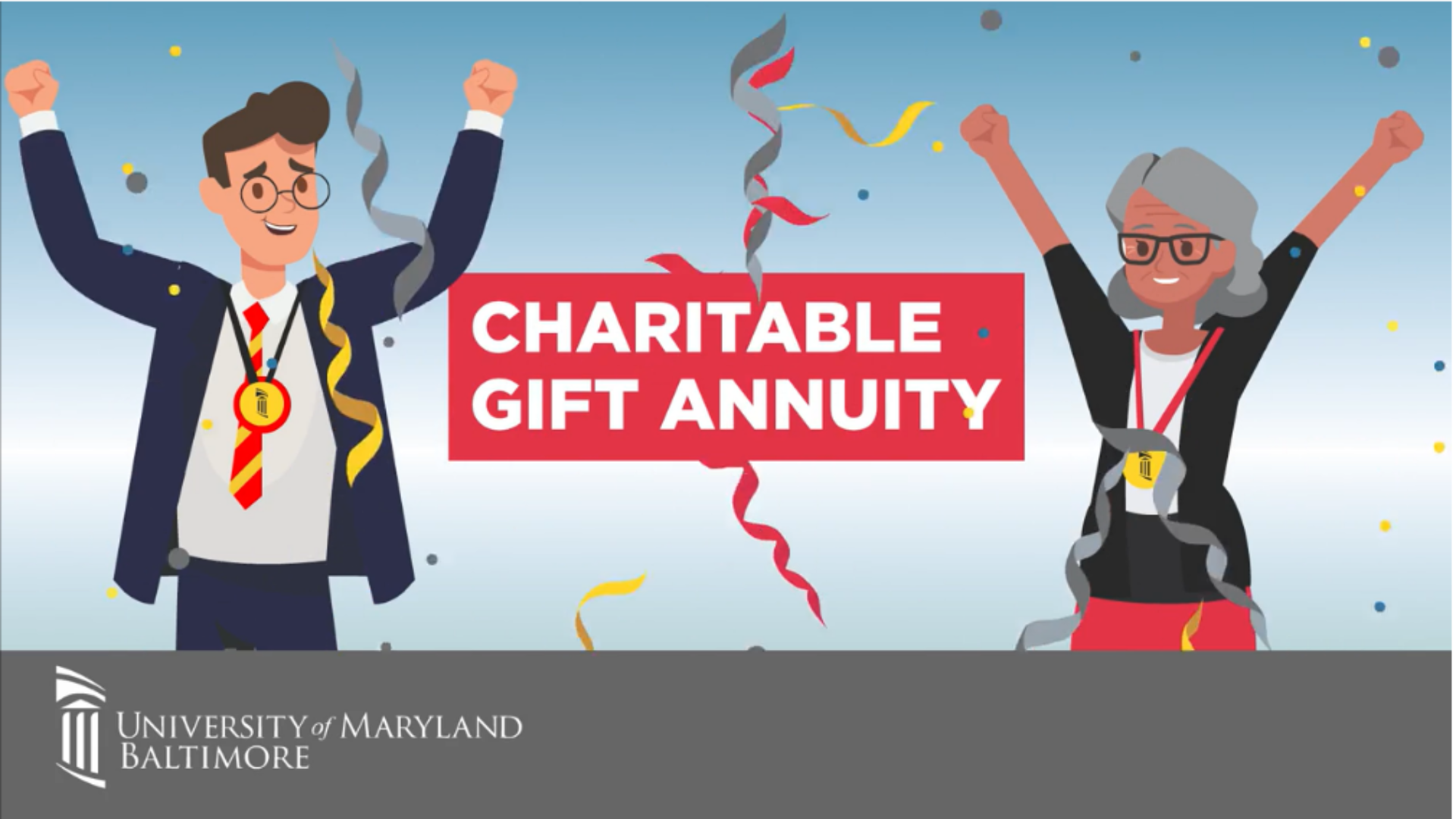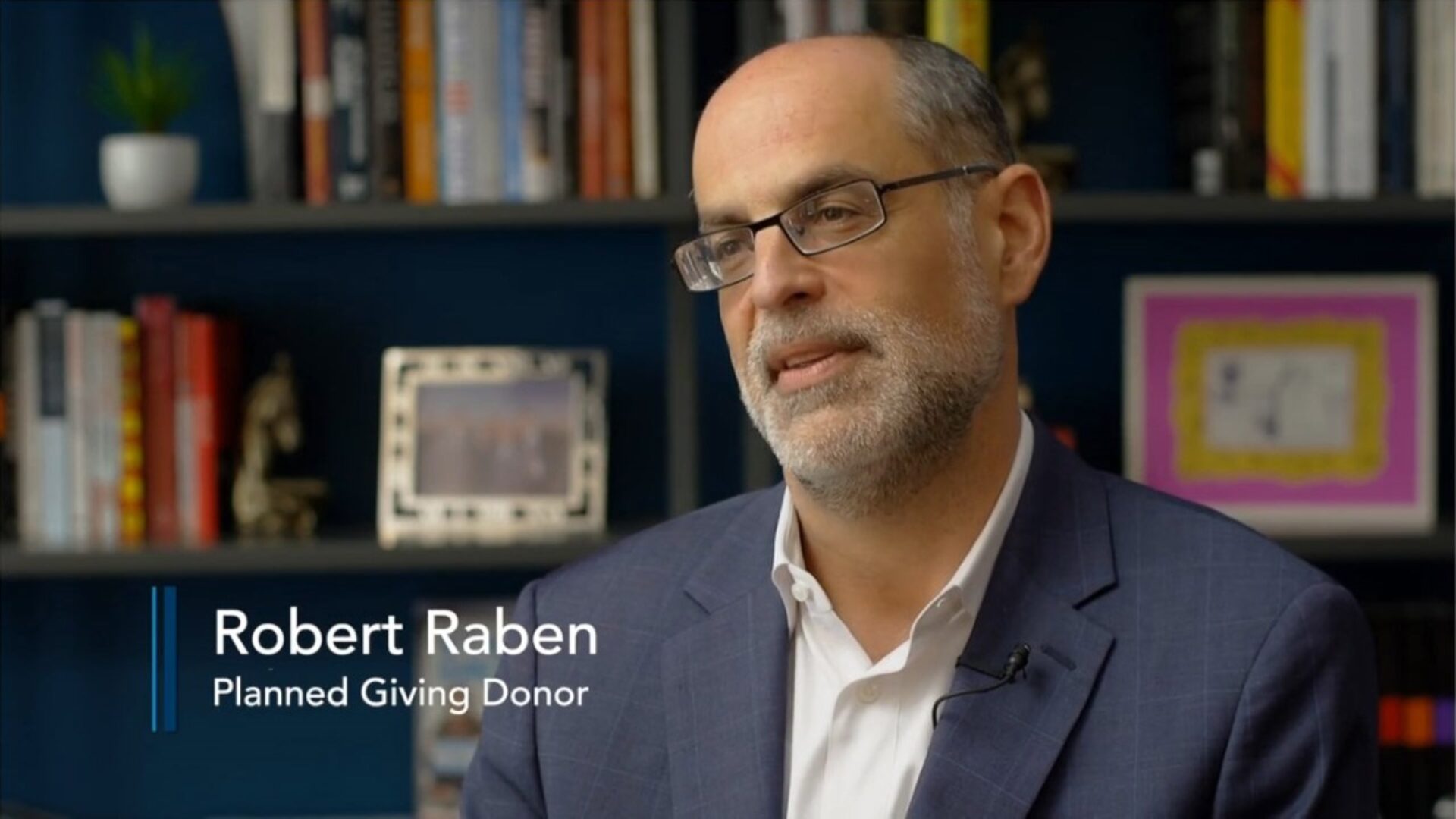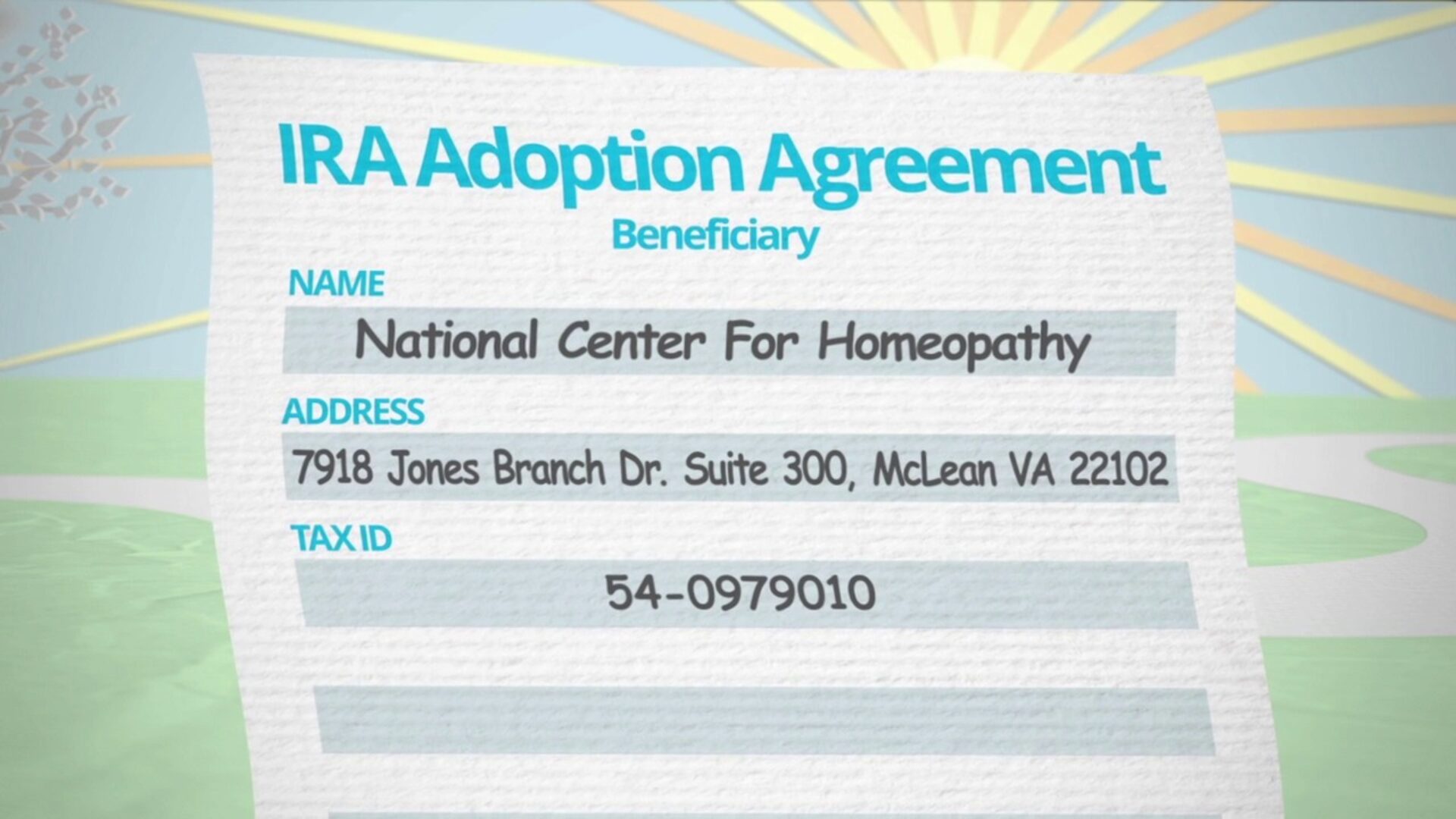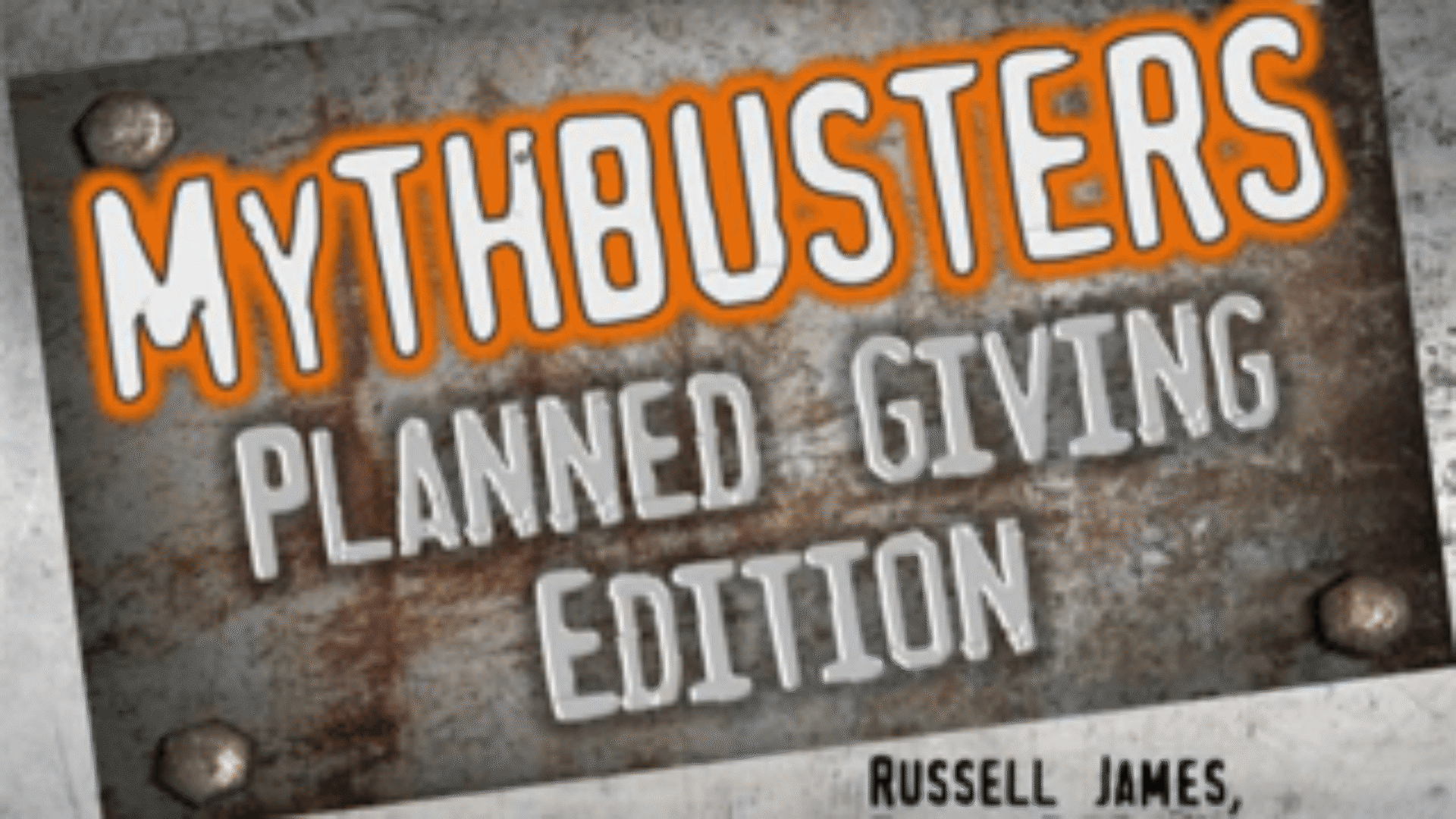There is growing interest in using donor stories in planned giving marketing, and MiniMatters was invited to show some donor story videos—and present about some of the science that supports this marketing method—at the Partnership for Philanthropic Planning‘s 2013 National Conference on Philanthropic Planning.
Science supports videos that tell donor stories
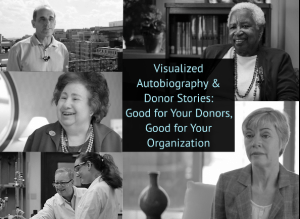
In a presentation titled “Visualized Autobiography and Donor Stories: Good for Your Donors, Good for Your Organization,” Elissa began by introducing Dr. Russell James’ path-breaking research using brain fMRI scans to explore bequest decision-making.
Dr. James’ research shows that the areas of the brain activated in planned giving differ significantly from those connected with current giving or volunteering. Of particular note is activation of the lingual gyrus and precuneus regions. This activation indicates that, unlike current donors or volunteers, planned givers “visualize their autobiographies” as they decide to make planned gifts. In other words, while tax laws may make charitable giving a logical choice as part of an estate plan, the evidence suggests that the legacy decision-making process isn’t driven mainly by this kind of logic, but by objective and visually oriented reflection on one’s life.
Given that at least 70% of Americans engage in charitable giving, yet only about 5% have charitable estate plans, knowledge of how the “planned giving mind” really works has great potential to increase planned giving fundraising results, according to Dr. James.

If you do want to take the next step and use donor stories in your planned giving marketing, here are our four recommendations to trigger autobiographical reflection as well as address some key challenges of utilizing donor stories—based on this recent research as well as our own experience:
- Trigger autobiographical reflection—Incorporate aspects of donor stories that have universal resonance and may cause viewers to remember similar things in their own life (e.g. parents sacrificing for a child’s success, death of a loved one, life-changing opportunities received when young). Also include visual images of the donor and others during past decades (iconic fashion and hairstyles are likely to generate personal memories!) and mix with images of upcoming generations.
- Make the case that special relationships exist with your organization—Demonstrate a long-standing historical relationship between donors and your organization in your stories. For example, have donors talk about when the relationship first began and how the organization is connected with their passions.
- Support donors’ desire to avoid the idea of death—Use donor stories of living donors rather than those who have passed.
- Support donors’ needs for symbolic immortality—Incorporate what will continue to exist once the donor is gone into your donor stories (e.g. a building, a recognition plaque, a strong organization that will continue to endure, learners of the next generation).
Video donor stories do it all
When you capture stories of your donors well in video, the videos can meet each of these challenges, providing highly effective marketing materials that have the additional capacity to be shared through email and social media. The video below illustrates this—George’s reflections will lead many viewers to think about their own lives and legacies. And, indeed, his video was widely shared by his students, families and friends, thereby extending the impact to potential current and future donors.
And to learn in more detail about Dr. James’ research, we highly recommend reading his book Inside the Mind of the Bequest Donor.
We hope to see you at a future conference! This event brought together hundreds of impassioned philanthropic professionals focused on using planned giving fundraising to secure funds for outstanding causes, programs, and institutions. The National Conference on Philanthropic Planning was a wonderful opportunity to exchange ideas about effective donor stories and other techniques designed to increase the prevalence of charitable estate plans and gifts.
If MiniMatters can help you with business video, fundraising video, association video, or other video production needs, request an estimate, call us at 301-339-0339, or email at videos@minimatters.com. We serve associations, foundations, nonprofits, and businesses primarily in Washington, DC, Maryland, and northern Virginia.

